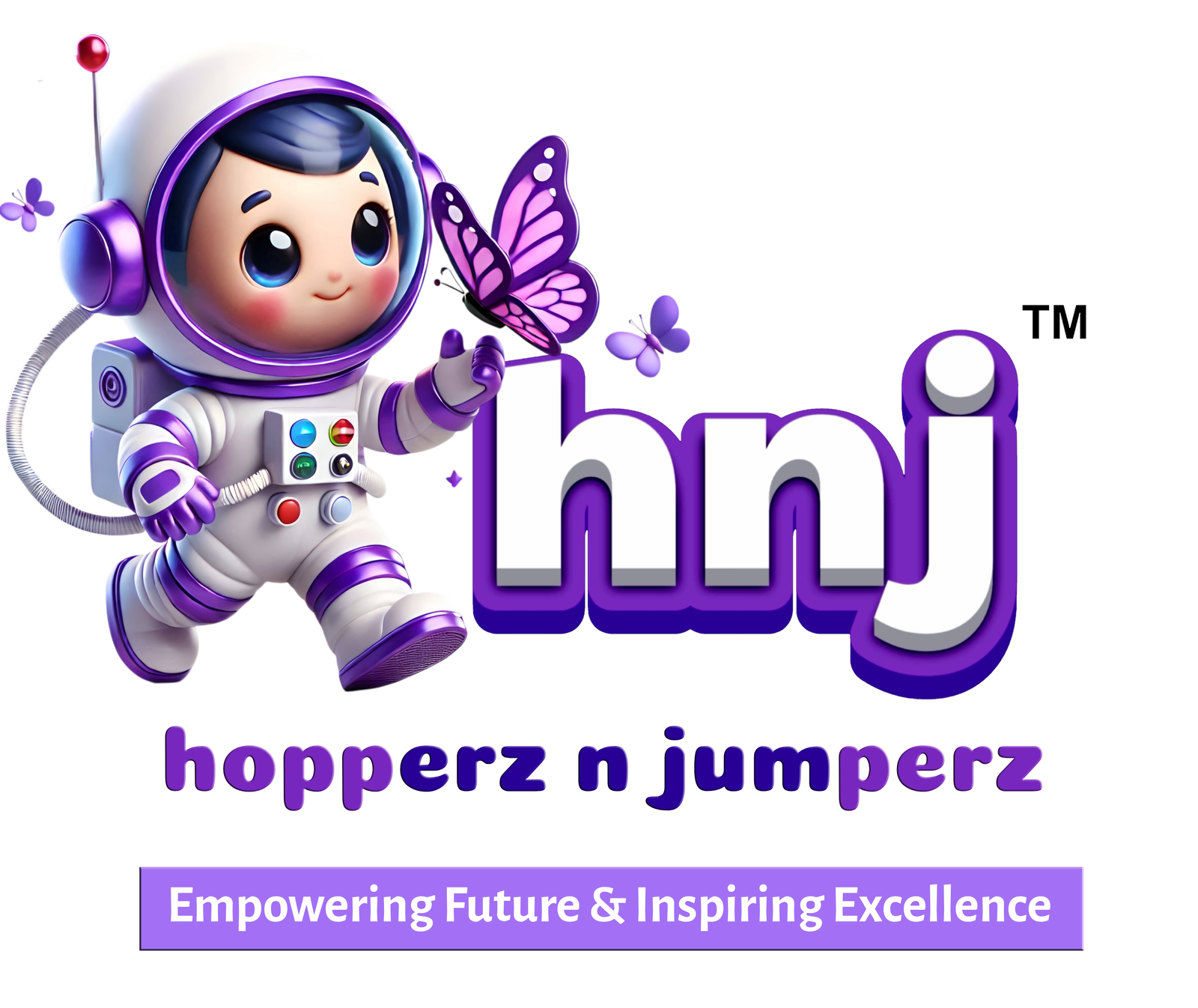Teaching Approaches
Respect for Individuality
We recognize and celebrate each child’s unique strengths, interests, and learning styles.
Inquiry-Based Learning
We encourage children to ask questions, explore topics of interest, and seek answers through hands-on activities and guided discovery.
Thematic Units
We organize curriculum around engaging themes (e.g., nature, community helpers, cultures) that integrate various subjects, making learning cohesive and meaningful.
Project-Based Learning
We implement short-term projects where children can delve deeper into a subject, collaborate with peers, and present their findings, enhancing critical thinking and teamwork.
Health and Wellness Focus
We also focus on Nutrition Education: Integrate lessons about healthy eating habits and cooking activities that encourage trying new foods and understanding nutrition.


Mindfulness and Emotional Regulation
We teach mindfulness techniques through activities like yoga and breathing exercises to help children manage emotions and develop resilience.
Physical Activity Programs
We incorporate daily outdoor play and movement activities that promote physical fitness and motor skill development.
Nature-Based Play Areas
We have curated our outdoor spaces that incorporate natural elements like gardens, sand, water, and climbing structures, fostering exploration and imaginative play.
Cultural Resource Center
We have developed a space within the preschool that showcases artifacts, books, and materials from various cultures, promoting inclusivity and global awareness.
Flexible Use of Technology
integrate age-appropriate technology (like tablets or interactive boards) to enhance learning while ensuring it complements hands-on experiences making it clear that it doesn’t turn into habit.

Professional Development
Ongoing Training
We provide regular workshops and training sessions on early childhood education best practices, child development, and effective classroom management.
Peer Observation
We encourage educators to observe each other’s classrooms to share strategies and receive constructive feedback.
Mentorship Programs
We pair new teachers with experienced mentors for guidance, support, and professional growth.
Guest Speakers and Workshops
Weinvite experts in early childhood education, child development, and special needs to provide insights and training.
Community Integration Plan
Local Partnerships
We have collaboration with local organizations, libraries, and cultural institutions to enhance educational resources and opportunities for field trips and guest speakers.
Service-Learning Projects
We involve children in community service projects, teaching them about empathy and the importance of giving back while reinforcing social skills.
Parent Advisory Committee
We have established a committee for parents to contribute ideas, feedback, and support for program improvements, fostering a sense of ownership and involvement.


Celebration of Learning
Showcase Events
We organize regular events where children can showcase their work, share projects with families, and celebrate milestones in their learning journey.
Cultural Celebrations
We host events that celebrate diverse cultural holidays, inviting families to participate and share their traditions, fostering a sense of community.
Daily Reflection Time
We implement a daily or weekly reflection .
Assessment Practices
Developmentally Appropriate Assessments
We utilize observational assessments, portfolios, and anecdotal records to track children's progress in a holistic manner, focusing on growth rather than comparison.
Family Involvementin Assessment
We encourage parents to contribute to their child's assessments through input on home activities and milestones, fostering a collaborative approach.
Regular Review
We conduct biannual reviews of each child’s development, setting goals and adjusting learning plans in collaboration with families.
Parent-Teacher Conferences
We schedule regular conferences to discuss each child's progress, set goals, and encourage family engagement in the educational process.

